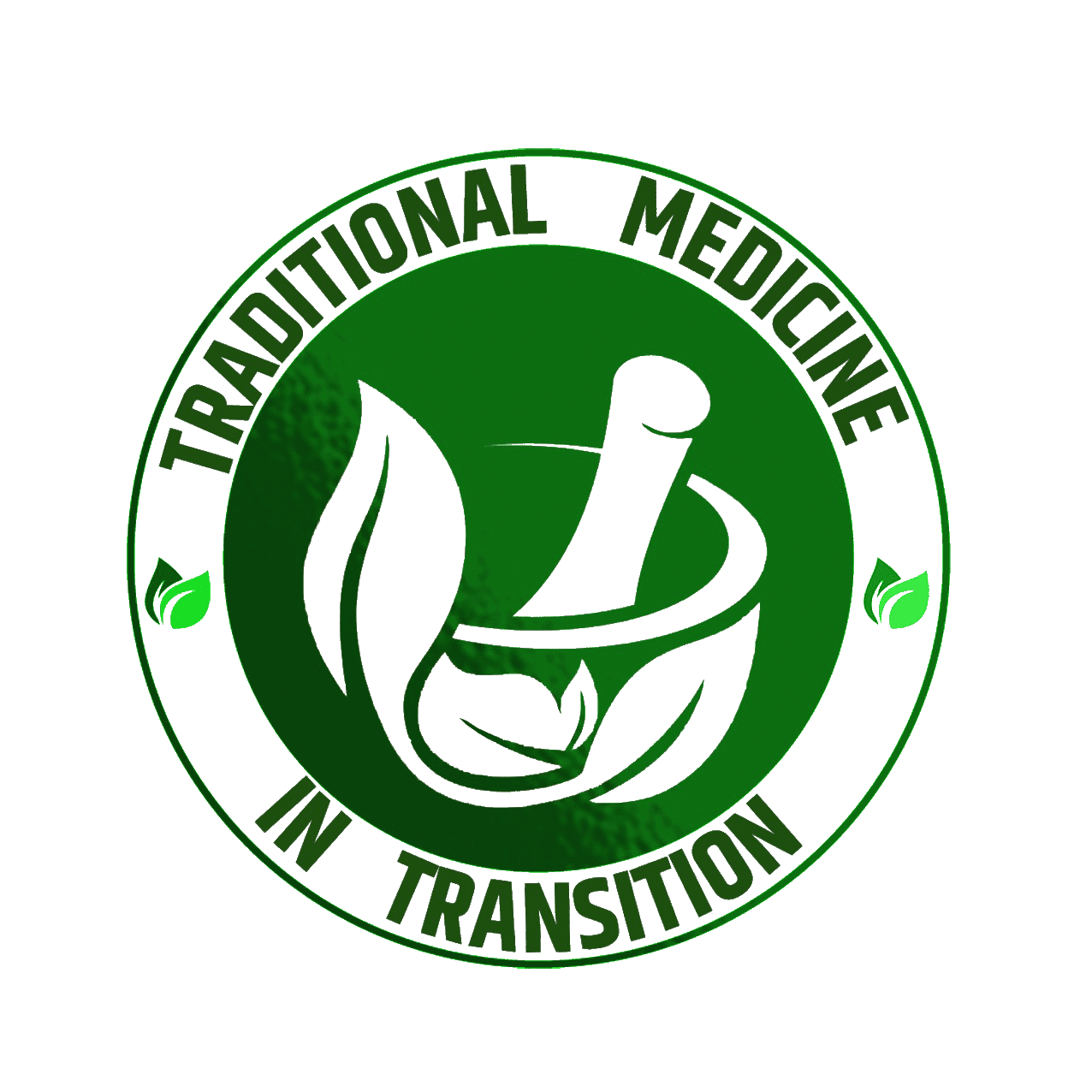Our Aim
The aim of the project is to contribute to the preservation and development of plant-based TM in Uganda. To this end, younger generations, should be made aware of the importance of TM and its cul-tural and ecological foundations. Long-term knowledge transfer and access to reliable plant knowledge should be promoted. In addition, sustainable use and the cultivation of medicinal plants in gardens is supported through interactive educational offers. The project wants to make an important contribution to improving primary health care, protecting the natural habitats of plants and opening up new sources of income for the rural population.
Nature's Perfect Gift
The role of museums as agents of change for effective,safe,culturally embedded and sustainable knowledge in Uganda
Why Traditional Medicine in Transition
In Uganda, a significant portion of the population relies on traditional medicine (TM), particularly herbal remedies, as a primary healthcare resource. However, traditional medicine is currently undergoing a critical transition, facing several challenges. The loss of essential natural, cultural, and intellectual resources such as medicinal plants and the forests that sustain them poses a serious threat to the continuity of TM. Moreover, the knowledge and practices associated with TM are rapidly diminishing within local communities. These issues must be urgently addressed if traditional medicine is to continue playing a vital role in future primary healthcare system. It holds potential not only as a source of medical innovation but also as a culturally stabilizing heritage that is intertwined with social and environmental sustainability.
Our Aim
The primary goal of this project is to document and safeguard the use,conservation, and sustainable development of plant-based traditional medicine (TM) in Uganda. A key focus will be on supporting the cultivation and responsible use of medicinal plants through interactive educational tours. These initiatives aim to facilitate long-term knowledge transfer, ensuring that younger generations gain a deeper understanding of the importance of TM and its cultural and ecological significance. By promoting awareness and practical engagement, this project seeks to preserve both the traditional knowledge and the natural resources that form the foundation of
plant-based TM in Uganda.
Our contribution
This project focuses on researching and documenting traditional medicine practices through field visits, interviews, and audio-visual means, capturing the experiences of both individuals and institutions. The findings will be shared through temporary and mobile exhibitions, as well as medicinal plant gardens, serving as dynamic platforms for the exchange, research, and promotion of traditional medicine as a living cultural heritage. By highlighting traditional medicine practices, the project will contribute significantly to enhancing primary healthcare in Uganda, while also helping to protect the natural habitats of
medicinal plants. Additionally, it will raise the visibility of traditional medicine,creating new opportunities for income generation and fostering sustainable practices within local communities.
Why Traditional Medicine in Transition
In Uganda large parts of the population rely on traditional, mostly herbal medicine for primary health care. However, TM in Uganda is confronted with a loss of its natural, cultural and intellectual resources. Not only plants but especially forests also are threatened; and the knowledge of TM application is about to lose. This must be addressed if TM is to be ensured as part of future primary health care, source of innovation, and socially and environmentally stabilizing cultural heritage.
Our Aim
The aim of the project is to contribute to the preservation and development of plant-based TM in Uganda. To this end, younger generations, should be made aware of the importance of TM and its cul-tural and ecological foundations. Long-term knowledge transfer and access to reliable plant knowledge should be promoted. In addition, sustainable use and the cultivation of medicinal plants in gardens is supported through interactive educational offers. The project wants to make an important contribution to improving primary health care, protecting the natural habitats of plants and opening up new sources of income for the rural population.
Our contribution
The project counteracts this by researching and promoting suitable ways of imparting knowledge. Among other things, we investigate how (mobile) exhibitions and medicinal plant gardens can be used as plat-forms for transmission, exchange and research of TM as a living cultural heritage.
Why Traditional Medicine in Transition
In Uganda large parts of the population rely on traditional, mostly herbal medicine for primary health care. However, TM in Uganda is confronted with a loss of its natural, cultural and intellectual re-sources. Not only plants – but especially forests also – are threatened; and the knowledge of TM application is about to lose. This must be addressed if TM is to be ensured as part of future primary health care, source of innovation, and socially and environmentally stabilizing cultural heritage.
Our Aim
The aim of the project is to contribute to the preservation and development of plant-based TM in Uganda. To this end, younger generations, should be made aware of the importance of TM and its cul-tural and ecological foundations. Long-term knowledge transfer and access to reliable plant knowledge should be promoted. In addition, sustainable use and the cultivation of medicinal plants in gardens is supported through interactive educational offers. The project wants to make an important contribution to improving primary health care, protecting the natural habitats of plants and opening up new sources of income for the rural population.
Our contribution
The project counteracts this by researching and promoting suitable ways of imparting knowledge. Among other things, we investigate how (mobile) exhibitions and medicinal plant gardens can be used as plat-forms for transmission, exchange and research of TM as a living cultural heritage.
Partners and Funders


